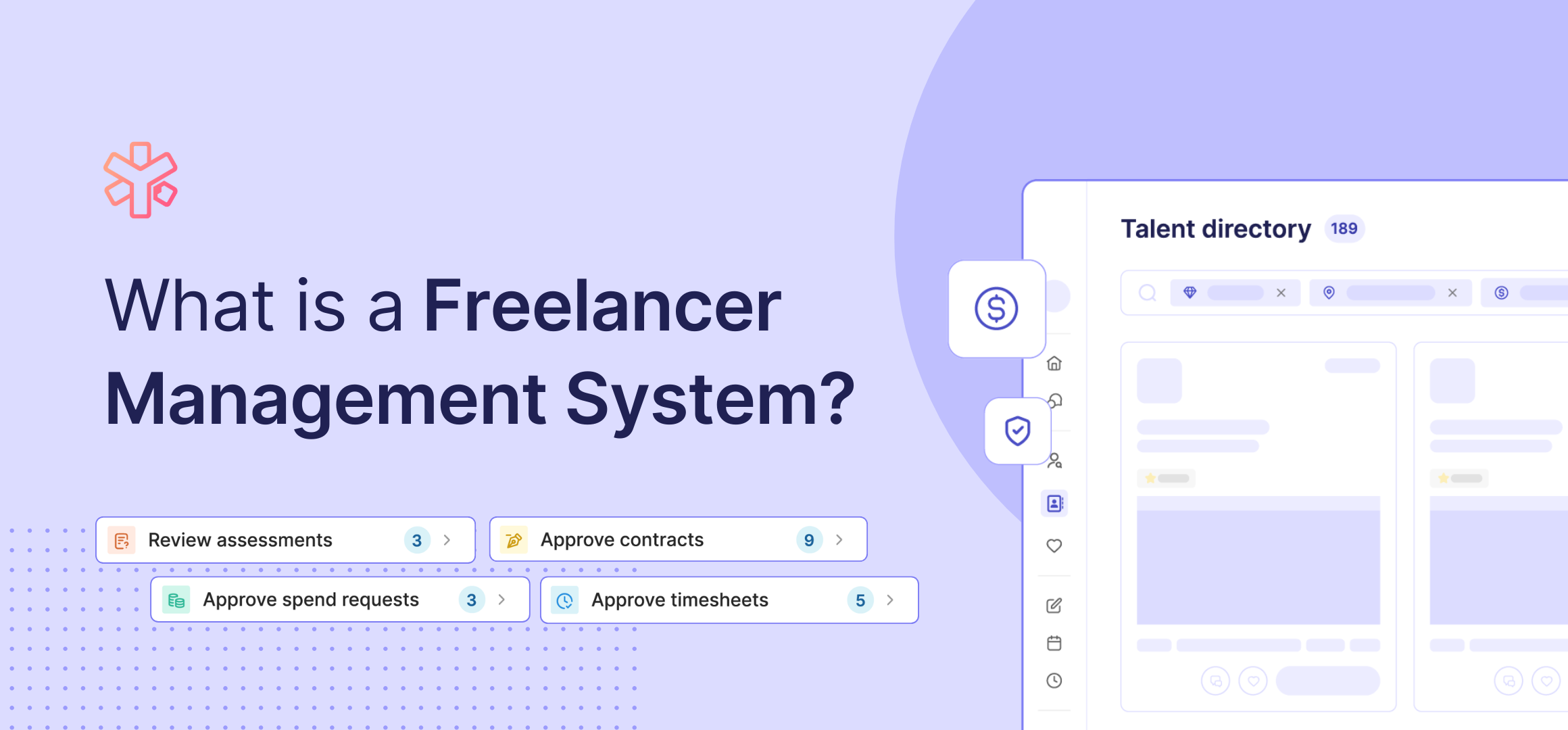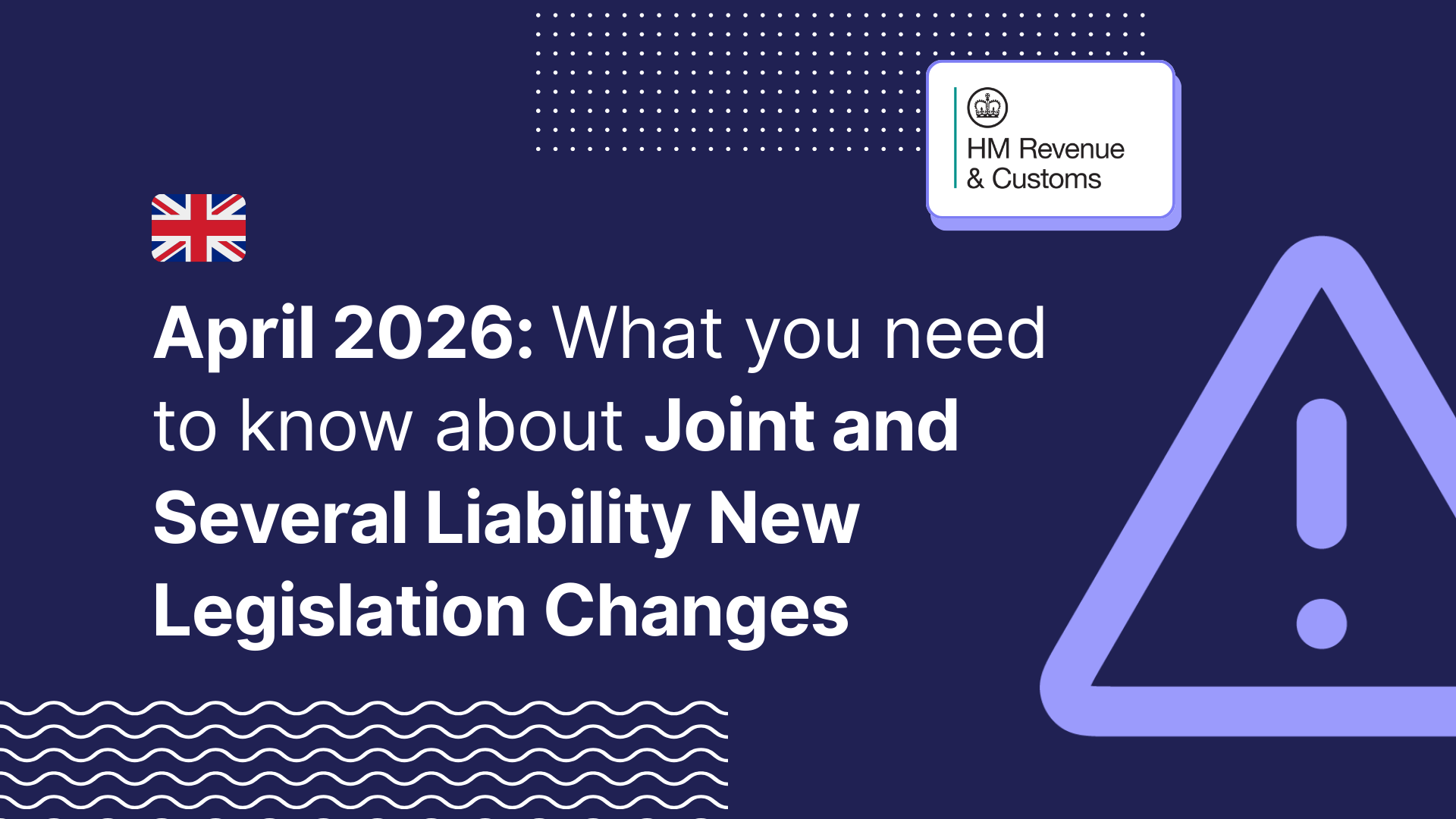When you’re building a new website or an app, it might be tempting to skip the coding phase and jump to designing instead. And while this might seem like an easy shortcut that saves you time and money, it’s a big mistake. Skipping the coding phase is risky since you can’t test your designs and optimise them for faster loading and user-friendly features without coding skills.
That’s where a back-end developer comes in. These coders design, build and maintain the underlying code of a website or app. They’re responsible for everything from designing and coding the website or app’s backend.
Read on to find out how a freelance back-end developer could benefit you.
Improved efficiency
When you hire a back-end developer, you can be sure they'll be able to create the right tools for your business. The developer can develop systems that allow employees to work remotely, which means they are not tied to their desks all day. Remote workers can improve communication between employees and managers, improving workplace efficiency.
Better security
If you have a website with sensitive information, such as personal information or credit card numbers, you need to ensure that it is secure so hackers cannot get into it and steal your data. Use a back-end developer skilled in coding and security. They will create code for your website that keeps hackers out and protects your customers' personal information from being stolen.
Faster development time
Back-end developers can help speed up the development process. If you’re building an app for iOS and Android, you’ll need to hire at least two teams of developers. If you have one back-end developer on your team, they can develop both app versions simultaneously. This way, you only have to pay for one person, and you don’t have to wait for them to complete their work.
More flexible design
Another benefit of hiring a back-end developer is that they can help make your designs more flexible for future updates. If you have a team of front-end developers working on your website or mobile app, they might make assumptions about how it will change in the future — and those assumptions may be wrong. A back-end developer can help ensure that your website or mobile app is built to allow it to increase over time without completely rewriting everything from scratch every time an update is needed.
Reduced maintenance costs
The longer an application lives, the more likely it will need some maintenance. Creating new features and fixing bugs can be very time-consuming. You’d rather spend time growing your business than fixing bugs and adding new features. How do you reduce the amount of maintenance needed?
The answer is simple: hire a back-end developer who can take care of building new features and maintaining existing ones.
Reduced risk of technical debt
Technical debt is an essential topic in programming. It refers to the accumulation of shortcuts during development, resulting in applications that are easier to implement but harder to maintain over time. When technical debt is left unchecked, it can lead to poor performance, security breaches and other issues affecting the overall quality of your application. Hiring a backend developer can help reduce your risk of incurring technical debt by allowing them to watch over the quality of work being done by other team members and ensure that they follow best practices when building code.
Better user experience
A well-designed back-end can differentiate between a great user experience and a terrible one. A good back-end developer will be able to create a system that works for users, allowing them to navigate quickly and intuitively without worrying about technical issues such as latency or server load. This means your website will remain fast and responsive even in an environment with high traffic volumes.
Lower cost of ownership
The back-end is often the most expensive part of an application because it needs to be built from scratch, taking time and money. However, suppose you hire a back-end developer early in the development process. In that case, they can help ensure you don't end up with an overcomplicated or inefficient system that will be difficult to maintain in the future. This will mean that your application will cost less to run overall because it won't need constant updating or maintenance down the road.
Increased productivity for end users
The back-end developer is responsible for building the core of your product. This includes the various APIs, which allow you to interact with third-party services and provide a way for other developers to integrate with your product.
The back-end developer will also be responsible for developing any custom logic that needs to be written for your product to function. For example, suppose you were building a social media platform. In that case, this could include developing the algorithms that power how posts are displayed on users' timelines or how much weight those posts are given by other users when ranking them in their newsfeeds.
Better integration with third-party services
A third-party service is an application or program that relies on another app or program to function correctly. For example, if you use Google Analytics to track your website traffic, it might not work correctly if it doesn’t integrate well with your site’s codebase. A back-end developer might need to create custom APIs (application programming interfaces) for third-party services to work correctly with your site or app.
Convinced to hire a back-end developer?
A back-end developer is responsible for building the infrastructure that allows your product to work. They develop and maintain the servers that host the product and the APIs that enable other applications to interact with it. This means they’re uniquely positioned to innovate and experiment with new technologies.
As a result, they can help you choose which technologies will best support your product vision. For example, they might be able to recommend changes to your codebase before you launch so that you can easily add new features down the road.




.png)



